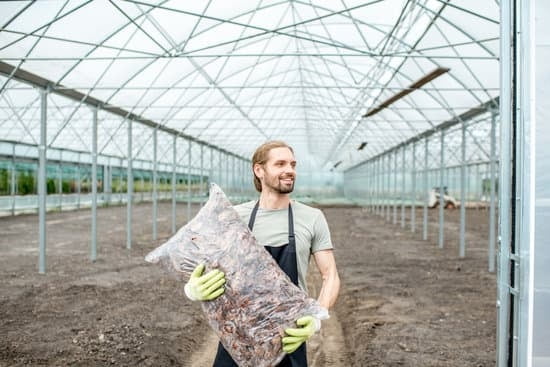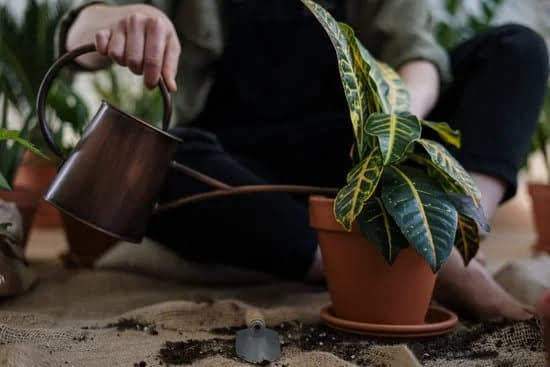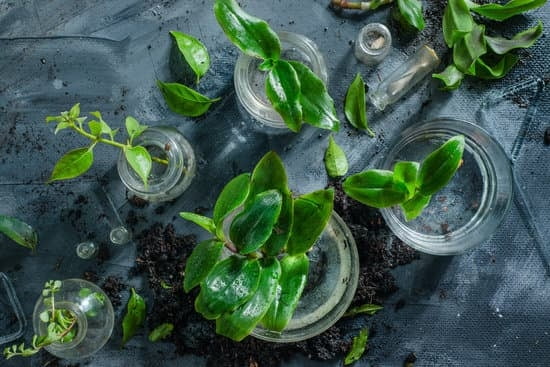Tips For A Beginner Gardener
1. Start small. Don’t try to plant too many things at once. Start with a few plants and add more as you get more experienced.
2. Don’t be afraid to ask for help. There are plenty of people out there who are more than happy to help a beginner gardener.
3. Stay organized. Keep a gardening journal where you track what you plant, when you plant it, and how it grows. This will help you keep track of what works and what doesn’t.
4. Use the right tools. A good pair of gardening gloves, a trowel, and a watering can will make your gardening experience much easier.
5. Be patient. Gardening is a slow process, and you won’t see results overnight. But if you stick with it, you’ll be rewarded with beautiful flowers and delicious vegetables.
Balcony Gardening Tips For Beginners
Balcony gardening can be a great way to get into gardening, even if you don’t have a lot of space. Here are a few tips to get you started.
Choose plants that are appropriate for your climate and your balcony. Some plants will do better in full sun, while others will do better in partial shade or even in the shade.
Choose plants that don’t need a lot of water. If you live in a dry climate, you don’t want to choose plants that need a lot of water. If you live in a humid climate, you don’t want to choose plants that need a lot of sun.
Choose plants that don’t need a lot of fertilizer. If you’re not going to be able to fertilize your plants regularly, you don’t want to choose plants that need a lot of fertilizer.
Choose plants that are small or that can be trained to grow in a small space. There are a lot of plants that fit this description, including herbs, tomatoes, lettuce, and strawberries.
If you’re going to grow vegetables or fruits on your balcony, choose plants that are appropriate for eating. Some plants, like potatoes, are not edible.
If you’re going to use pots or containers for your plants, make sure they are sturdy and that they have drainage holes.
If you’re using a railing to support your plants, make sure the plants are not too heavy.
Make sure your balcony is strong enough to support the weight of your plants.
If you’re using a hanging basket, make sure it is strong enough to hold the weight of the plants and the soil.
If you’re using a trellis, make sure it is strong enough to support the weight of the plants.
Get to know your plants. Read the labels on the plants to find out how much sun, water, and fertilizer they need.
Water your plants regularly, especially during hot weather.
Fertilize your plants regularly, especially during hot weather.
Monitor your plants for pests and diseases and treat them if necessary.
Enjoy your balcony garden!
Organic Gardening Tips You Need To Know Essentials For Beginners
Organic gardening is a great way to garden without using harmful chemicals. It can be a more difficult way to garden, but it is worth it for the health of your plants and the environment. Here are some essential tips for beginners to organic gardening.
1. Start with a healthy soil. The health of your plants starts with the health of your soil. Add organic matter to your soil to improve its quality. Compost, rotten manure, and leaf mold are all great additions to your soil.
2. Use organic fertilizers. Commercial fertilizers are full of chemicals that can harm your plants. Use organic fertilizers instead. There are many different types of organic fertilizers available, so find one that works best for your garden.
3. Use natural pest control. There are many natural ways to control pests in your garden. Some of the most common methods are using garlic or pepper spray, planting marigolds, and using diatomaceous earth.
4. Water your plants correctly. Watering your plants correctly is essential for their health. Make sure to water your plants deeply, but only when necessary. Overwatering can be just as harmful as under watering.
5. Be patient. Organic gardening takes more time and effort than conventional gardening, but it is worth it in the end. The plants grown in organic soil are healthier and more resistant to pests and diseases.
Gardening Tips For Beginners Ireland
If you’re new to gardening, there are a few things you should know before you get started. Here are some gardening tips for beginners Ireland:
1. Choose the right plants. Not all plants are suited for every climate, so be sure to choose plants that will thrive in your area.
2. Plan ahead. When you’re planning your garden, be sure to think about the layout and design. You want to make sure there’s enough room for each plant to grow, and that you’re using the space efficiently.
3. Prep the soil. Before you plant anything, be sure to prepare the soil. You can do this by adding compost or fertilizer, or by tilling the soil.
4. Water regularly. Gardens need water to thrive, so be sure to water your plants regularly.
5. Keep pests at bay. One of the challenges of gardening is dealing with pests. There are a number of ways to deal with pests, including using organic methods or using pesticides.
6. Enjoy your garden. Gardening can be a lot of fun, and it’s a great way to get outside and enjoy the fresh air. Take time to relax in your garden and appreciate all the hard work you’ve put in.
Rose Gardening Tips Beginners
When it comes to gardening, roses are some of the most popular plants to grow. Roses come in a variety of colors, shapes and sizes, and can be used to add color and fragrance to any garden. If you’re a beginner rose gardener, here are a few tips to help you get started:
1. Choose the right location. Roses need plenty of sunlight and well-drained soil. Make sure the spot you choose for your roses is in full sun and that the soil is loose and well-drained.
2. Amend the soil. before planting your roses, be sure to amend the soil with plenty of organic matter. This will help to improve the soil’s drainage and fertility.
3. Plant your roses correctly. When planting your roses, be sure to dig a hole that is twice the size of the pot your roses are in. Amend the soil in the hole with compost or manure, then plant your roses so the top of the root ball is level with the surrounding soil.
4. Water and fertilize your roses correctly. Roses need plenty of water, especially during the hot summer months. Be sure to water your roses deeply and regularly. In addition, fertilize your roses with a balanced fertilizer once a month.
5. Prune your roses correctly. Roses need to be pruned regularly in order to maintain their shape and size. Prune your roses in late winter or early spring, before new growth begins. Remove any dead or diseased branches, then cut the remaining branches back to about 6 inches from the ground.

Welcome to my gardening blog! I am passionate about plants and enjoy sharing my knowledge and experiences with others. In this blog, I will write about everything related to gardening, from tips on how to get started to updates on my own garden projects.





